
Martin Odersky, Scala Creator & Co-Founder of Lightbend
Wednesday, April 19th

Martin Odersky, Scala Creator & Co-Founder of Lightbend
Wednesday, April 19th

Aaron Turon, Research Engineering Manager @ Mozilla
Rust: confident, productive systems programming
Thursday, April 20th
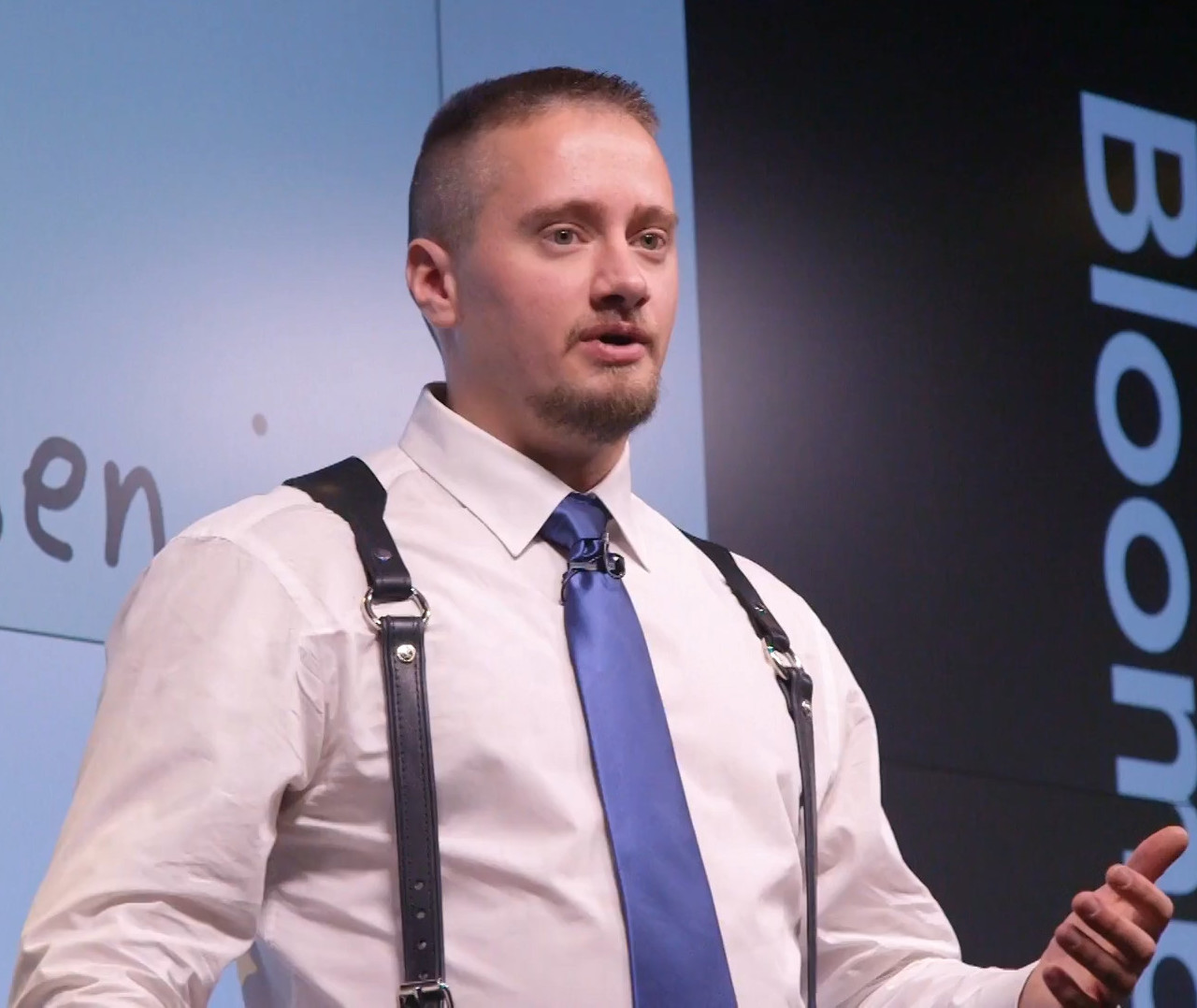
Kyle Kingsbury, Researcher
Friday, April 21st
Download the Scala Days App in order to see the latest version of the schedule, vote sessions, follow the #scaladays twitter stream and much more: For iOS / For Android
Scala Days, the premier Scala Conference, will be held this year at Swissôtel in Chicago. Trainings will be on April 18th - 19th, 2017, and the conference will be held from April 19th - 21st, 2017. The conference will start after the trainings - so don't panic, you can attend both training and conference! There will also be a Scala Days Europe at the Bella Center in Copenhagen on May 30th - June 2nd, 2017.
The conference will bring together developers from all corners of the world to share their experiences and new ideas around creating applications with Scala and related technologies, like Akka and Play Framework. Scala Days provides a unique opportunity for Scala users to interact with the contributors to the language and related technologies and connect with fellow developers.
Leaders from Scala User Groups and communities around the globe, students and language contributors, will gather to discuss academic research, use-cases and visionary projects for a two day, action-packed event.
Last year’s conferences in New York and Berlin were sold-out events!
| 16:00 | Registration |
|---|---|
| ROOM | |
| 17:00 |
|
| 18:00 |
|
| 08:00 | Registration | |||
|---|---|---|---|---|
| 09:00 |
|
|||
| 10:00 | Break | |||
| ROOM | Zurich ABC | Zurich D | Zurich E | Zurich FG |
| TRACK |
|
|
|
|
| 10:25 |
|
|
|
|
| 11:10 | Break | |||
| 11:35 |
|
|
|
|
| 12:20 | Lunch | |||
| 13:20 |
|
|
|
|
| 14:05 | Break | |||
| 14:30 |
|
|
|
|
| 15:15 | Break | |||
| 15:40 |
|
|
|
|
| 16:25 | Coffee break sponsored by Two Sigma | |||
| 16:50 |
|
|
|
|
| 17:35 | Break | |||
| 18:00 |
|
|
|
|
| 18:45 |
|
|||
| 19:00 |
|
|||
| 08:00 | Registration | |||
|---|---|---|---|---|
| 09:00 |
|
|||
| 10:00 | Break | |||
| ROOM | Zurich ABC | Zurich D | Zurich E | Zurich FG |
| TRACK |
|
|
|
|
| 10:25 |
|
|
|
|
| 11:10 | Break | |||
| 11:35 |
|
|
|
|
| 12:20 | Lunch | |||
| 13:20 |
|
|
|
|
| 14:05 | Break | |||
| 14:30 |
|
|
|
|
| 15:15 | Break | |||
| 15:40 |
|
|
|
|
| 16:25 | Break | |||
| 16:50 |
|
|||
Want to get the most out of Scala Days Chicago? Register for an in-person training course before the Scala Days conference. All trainings are two-day trainings and will take place Tuesday and Wednesday April 18th -19th, 2017. The courses are designed for developers of all levels of proficiency with the Lightbend Reactive Platform.
All trainings will take place at:
Swissôtel Chicago
323 E Upper Wacker Dr
Chicago, IL 60601
Trainer: Yury Gribkov
Object-oriented meets functional—elegant class hierarchies, seamless Java interoperability, maximum code reuse and extensibility, built to solve difficult concurrency challenges. Take your first steps in Scala with the best trainers!
Participant
Benefit
Outline
Logistics
Trainers: Wade Waldron, Alejandro Lujan Toro
The power of Scala’s type system, unleashed - advanced object functional programming, implicits, and more. Leverage rich language features to create well-designed libraries or DSL’s, utilizing proven best practices.
Participant
Benefit
Outline
Logistics
Trainer: Ryan Case
Scalable reactive application, for the win! Experienced application developers learn the reactive Akka toolkit and runtime, along with methodologies to create real-world, actor-based systems in Scala on a single JVM.
Participant
Benefit
Outline
Logistics
Trainer: Petro Verkhogliad
This two-day workshop is designed to teach developers how to implement data analytics using Apache Spark for Reactive applications. In this workshop, developers will use hands-on exercises to learn the principles of Spark programming and idioms for specific problems, such as event stream processing, SQL-based analysis on structured data in files, integration with Reactive frameworks like Akka, as well as Hadoop and related tools, and advanced analytics such as machine learning and graph algorithms.
Participant
Benefit
Outline
Logistics
| Before Jan 18 | Before Mar 15 | After Mar 15 |
|---|---|---|
| $950 | $1050 | $1150 |
| Before Jan 18 | Before Mar 15 | After Mar 15 |
|---|---|---|
| $2100 | $2450 | $2600 |
| Before Jan 18 | Before Mar 15 | After Mar 15 |
|---|---|---|
| $1250 | $1500 | $1550 |
Interested in being a sponsor at Scala Days Chicago? Contact the Scala Days team
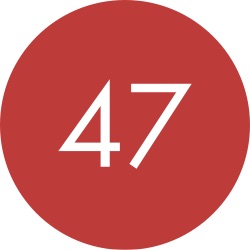
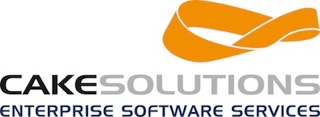
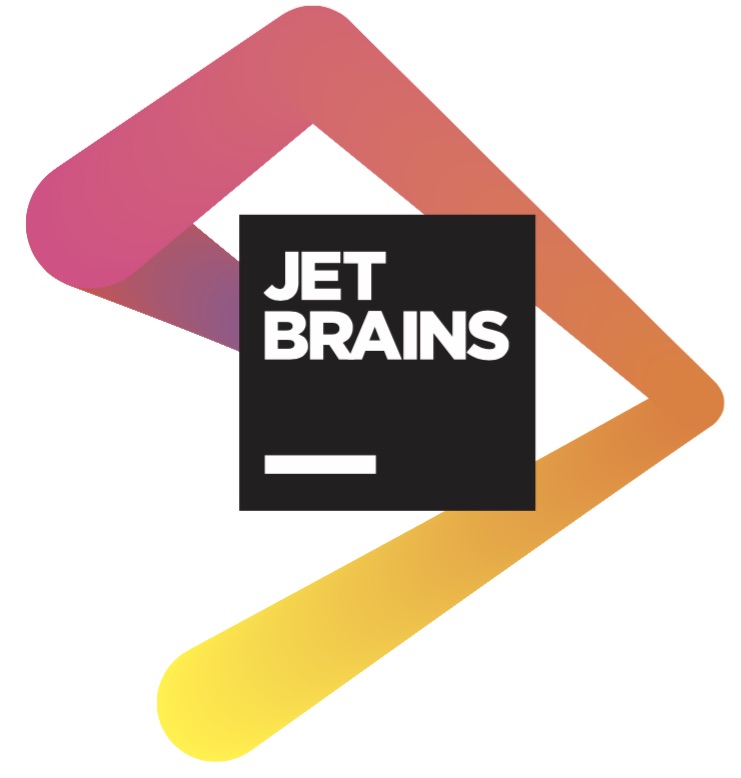



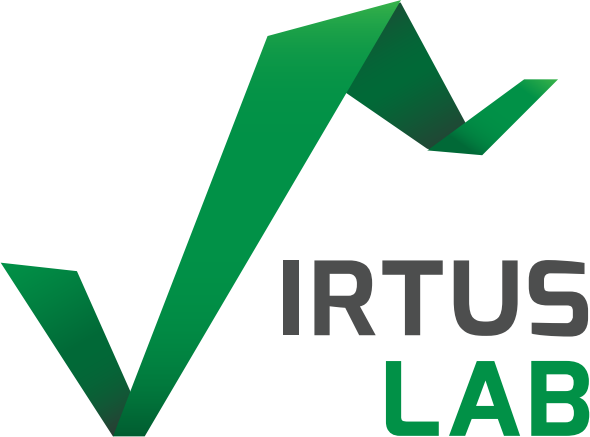



Our Code of Conduct is inspired by the kind folks at NE Scala, who adopted theirs from PNW Scala. We think they both nailed it.
Nobody likes bad behavior, so please show respect for those around you. This applies to both in-person and online behavior.
Scala Days is dedicated to providing a harassment-free experience for everyone, regardless of gender, gender identity and expression, sexual orientation, disability, physical appearance, body size, race, or religion (or lack thereof). We do not tolerate harassment of participants in any form.
All communication should be appropriate for a technical audience, including people of many different backgrounds. Sexual language, innuendo, and imagery is not appropriate for any conference venue, including talks.
Participants violating these rules may be asked to leave without a refund at the sole discretion of the organizers.
Crew registration is closed. Thanks to everyone who helps.
All Crew Volunteers will be required to work on Wednesday April 19th from 12:00 PM - 6:30 PM as well as another shift of four hours on Thursday April 20th or Friday April 21st. In return for helping with the conference, Crew Volunteers will have free access to the conference and all social events.
If you are an academic wanting to participate fully in Scala Days Chicago you can send an email with a copy of your student ID to Dajana Guenther, [email protected], and in return you will receive a discouted rate for conference attendance.
If you have any questions regarding crew volunteering or academic rate please contact Dajana Guenther, [email protected].